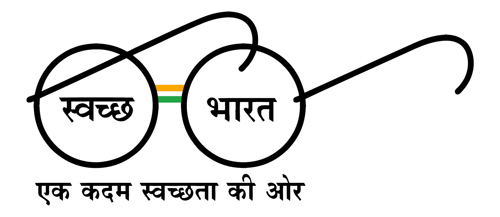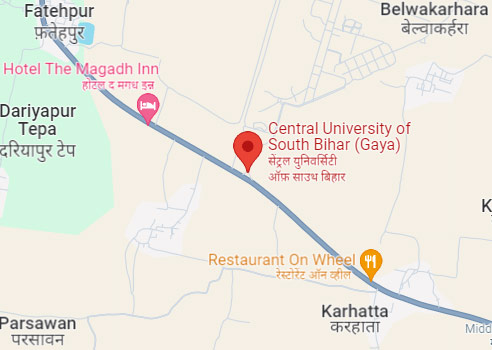Rs. 92.12 lakhs ICMR grant to Prof. Rizwanul Haque and team to find out the treatment of liver Cancer
For the development of Designer T cells from Stem cells to treat liver Cancer the Central University of South Bihar (CUSB) has received a research grant of Rs. 92.12 lakhs from Indian Council of Medical Research (ICMR), Government of India. CUSB has received the research funding in collaboration with Indira Gandhi Institute of Medical Sciences (IGIMS), Patna and National institute of Pharmaceutical Education and Research (NIPER) Hajipur for doing high quality research in the field of Stem Cell and Immunology. The team headed by Prof. Rizwanul Haque, Dean, School of Earth Biological and Environmental Sciences of CUSB as Principal Investigator (PI) comprises Dr. Krishna Prakash, Associate Professor, Biotechnology CUSB, Gaya as Co-PI, Dr. Margoob Ahmad, Scientist II, Department of Pharmacology and Dr. Rakesh Kumar Singh, Associate Professor, Dept. of Surgical Gastroenterology and Liver Transplant both as Co-PI from IGIMS, Patna, Dr. Murali Kumarasamy, Assistant Professor as Co-PI from NIPER, Hajipur.
CUSB Vice-Chancellor Prof. Kameshwar Nath Singh, Registrar Prof. Narendra Kumar Rana and other faculty members of the department have congratulated Prof. Rizwanul Haque and the research team for the whooping grant. The team has received a funding of 92.12 lakhs for over a period of three years and the first instalment of Rs. 53 lakhs has been released to the University from the funding agency. Prof. Rizwanul Haque has extensive experience in the area of Stem Cell Technology and Immunotherapy based drug development. He has excellent team of young and bright research scholars working in his team including Komal Kumari, Nandani Kumari, Seema Singh Marabi, Vikas Kumar, Naina Shakshi, and Shristy Shriya and, Rasheed Lateef (SRF project staff).
Providing details Prof. Rizwanul Haque said that the main goal of this project is to develop the novel designer T-cells from induced pluripotent stem cells and to check their effectiveness against liver cancer against model organisms. This unique opportunity will shed light on a new therapeutic strategy for treatment of liver cancer in humans and will help in the advancement of available immunotherapies for the cancer. The successful outcome of the research will pave the way for the development of new strategies against the global challenge of cancer, specifically in the solid tumors, mentioned Prof. Haque.







